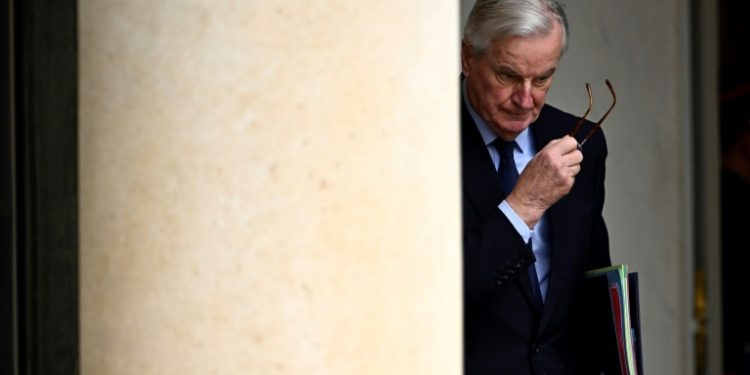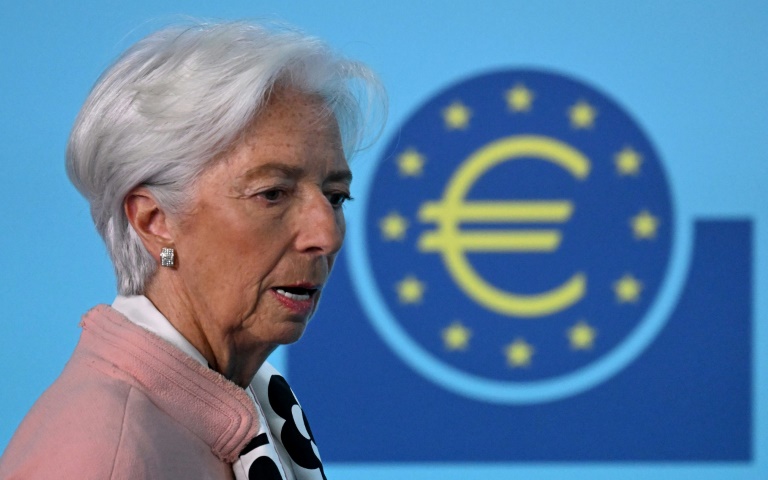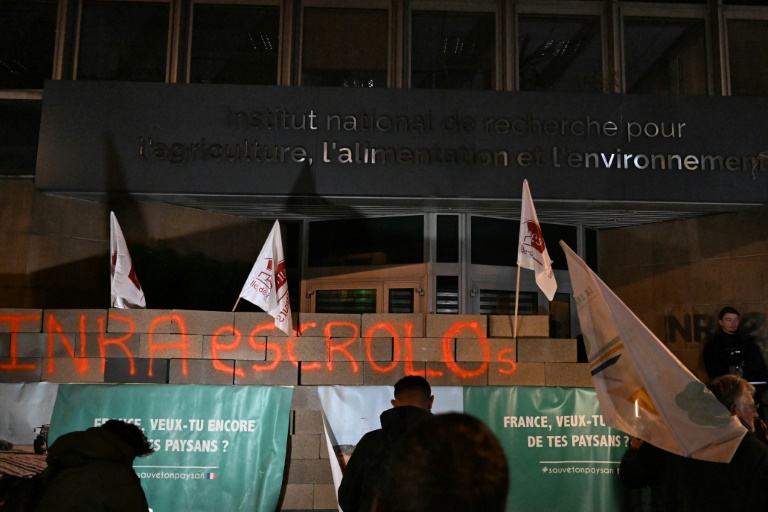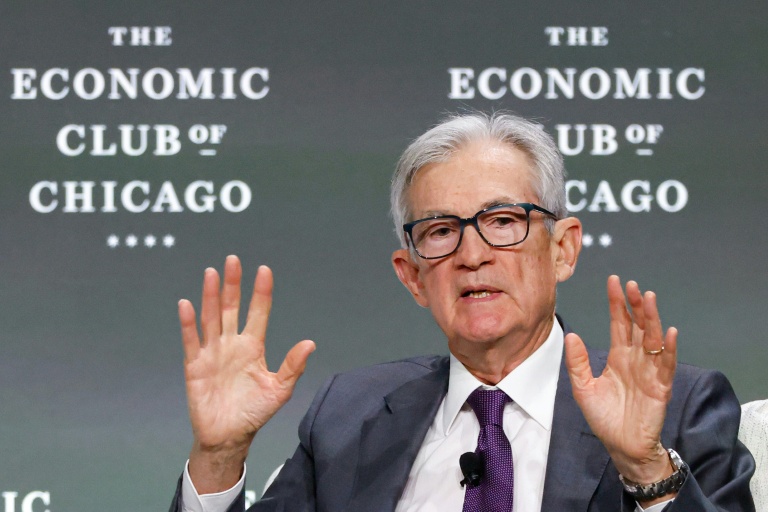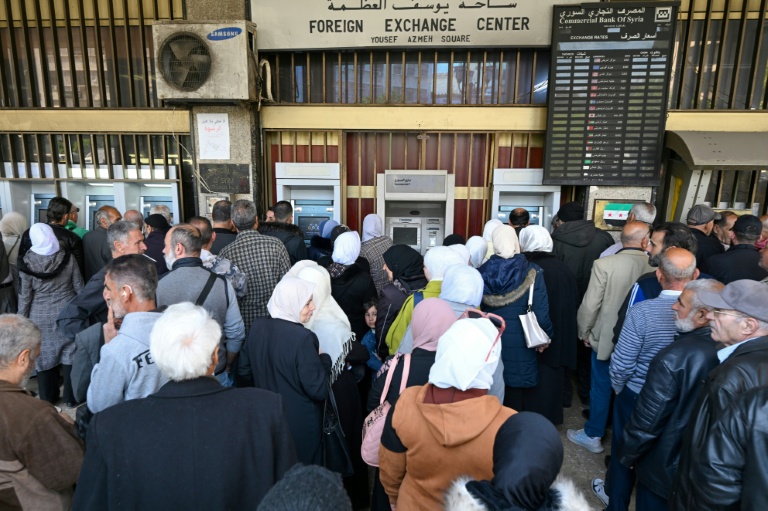Paris (AFP) – The French government is ready to offer concessions to parliament to pass its budget, the finance minister said Thursday, in a standoff that is causing market turbulence and risks bringing down the government of Prime Minister Michel Barnier. “Whatever differences in values we have, we are today facing an extremely serious situation for the country…we are obviously ready to make concessions to avoid this storm,” Economy and Finance Minister Antoine Armand told BFMTV.
Months of political tensions since right-winger Barnier became prime minister in September at the helm of a minority government appointed by President Emmanuel Macron in the wake of this summer’s elections are coming to a head over the budget, which has yet to be approved by parliament. The opposition on all sides of the spectrum have denounced the budget, prompting Barnier to consider brandishing article 49.3 of the constitution, which allows a government to force through legislation without a vote in parliament. It is widely expected that Barnier could employ this tactic in the National Assembly as soon as Monday, which would pass the legislation on the social security budget but also allow the opposition to call a vote of no confidence within days.
Marine Le Pen’s far-right National Rally (RN) has warned it is ready to team up in an unholy alliance with the left-wing bloc in parliament and find enough numbers to topple the government in such a vote. Among the concessions evoked by Armand is an increase on the tax on electricity, deemed as “unacceptable” by the RN. Armand told the opposition that “just because we have nothing in common” does not mean “that we plunge the country into budgetary and financial uncertainty.”
Further complicating the situation is the constitutional rule in France that there must be a one-year gap between legislative elections, meaning that Macron cannot call fresh elections until the summer to resolve what would be a major political crisis. Some voices are even evoking the possibility that Macron, whose term ends in 2027, should resign to take responsibility for the chaos and break the deadlock. The president has previously explicitly ruled this out. “The problem is the political chaos unleashed by the president,” said Charles de Courson, MP for the centrist Liot faction. Whoever is next prime minister “will not have a majority. The only solution would be for the president to resign,” he said.
According to an Elabe poll for BFMTV, 63 percent of French people believe Macron should resign if the government is toppled, with 53 percent holding him responsible for the current political situation.
Widely seen since September as holding a sword of Damocles over Barnier, three-time presidential candidate Le Pen is facing a decision over whether to bring down the government at a time when she faces being barred from politics in an embezzlement trial. Charged along with other RN figures of misusing EU parliament funds, prosecutors have said she should receive a jail sentence and be banned from public office for five years, applicable even if she appeals. This would disqualify her from the 2027 presidential elections. The verdict in the case is expected on March 31, the court said Wednesday.
“I still have hope that we will be understood. See you in four months,” Le Pen, who has always denied the charges, told reporters after the court adjourned. Meanwhile, she denied any suggestion that the apparent hardening of the RN’s line on bringing down the government was linked to the risk she could be convicted and forced to bow out of politics. “I will do what I have to do to defend the French. And this trial in no way comes into consideration,” she added.
© 2024 AFP

